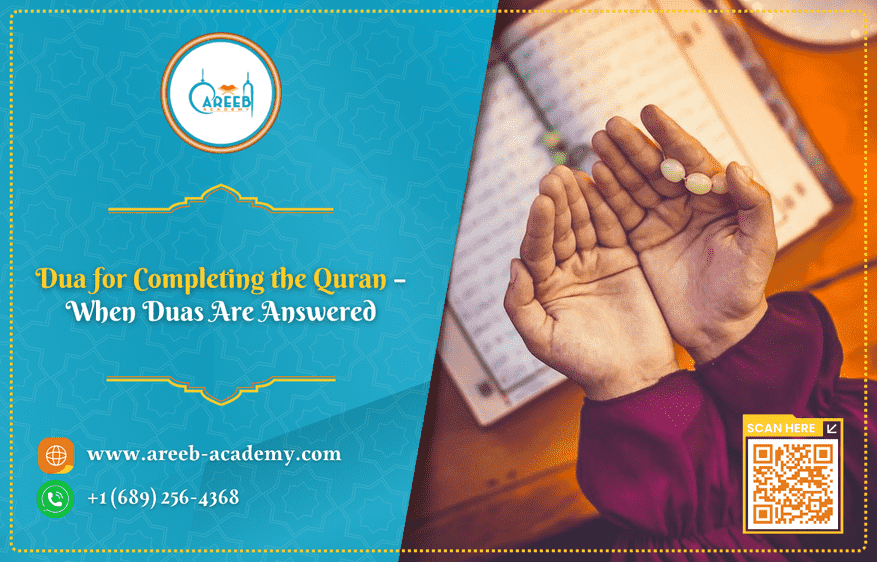
Dua for Completing the Quran — also known as Khatm al-Quran dua — is one of the most beautiful and fulfilling acts in a Muslim’s life. Finishing the Quran marks the end of a divine journey through Allah’s words. It is a path filled with reflection, guidance, and light. At this sacred moment, believers raise their hands in gratitude. They make a heartfelt supplication to thank Allah for this blessing and to seek His continued mercy and guidance.
The Dua for Completing the Quran holds deep spiritual meaning. It is not only a prayer of thanks but also a reminder to live by the Quran’s teachings and to renew one’s connection with it. Since the time of the Prophet ﷺ and his companions, Muslims have cherished this act. They would gather with family and friends to make dua together after completing the recitation. This blessed moment is recognized as a time when Allah’s mercy descends and prayers are accepted.
In this article, we’ll explore the virtues of completing the Quran, the importance of making dua at that moment, and how to teach this beautiful supplication to children. Through it, every Muslim can strengthen their bond with the Book of Allah and keep its light alive in their hearts.
The Significance of Completing the Quran
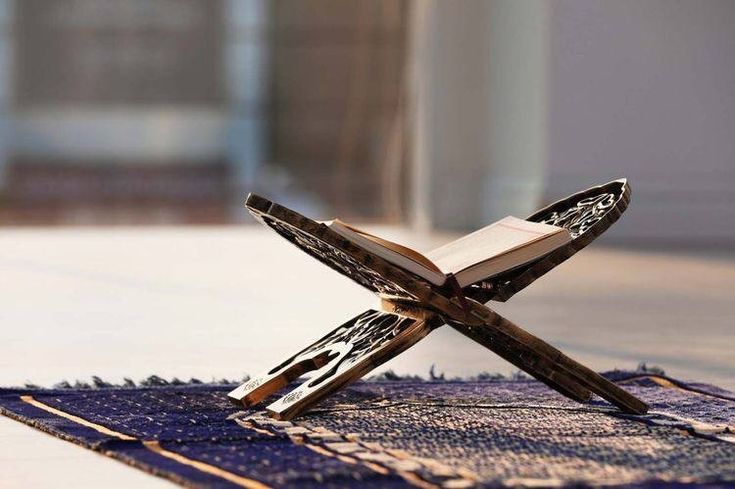
Completing the Quran, known as Khatm al-Quran, is a spiritually uplifting milestone for every Muslim. It reflects a deep connection with Allah’s words and a sincere effort to stay close to His guidance. The act of finishing the Quran isn’t just about reaching the last page—it’s about a journey of reflection, learning, and spiritual growth that brings immense blessings and peace to the heart.
The Quran itself highlights the virtue of consistent recitation, and our beloved Prophet ﷺ emphasized the great reward of completing it.
The virtue of finishing the recitation (Khatm al-Quran)
Completing the Quran is a noble deed that brings immense blessings both in this life and the next. It symbolizes a believer’s love, patience, and dedication to Allah’s words. The Quran itself is a source of mercy and light, and finishing its recitation reflects a deep bond with the Divine message.
The Prophet’s companions and the early Muslims used to complete the Quran regularly. They felt great joy each time they reached the end. Many scholars explain that finishing the Quran is a moment when Allah’s mercy descends. It is also a time of spiritual renewal and deep gratitude.
Virtues of Khatm al-Quran:
- Angelic supplication: Angels seek forgiveness for the reciter until the evening if the Quran is completed during the day, and until the morning if completed at night.
- Inner peace: Completing the Quran brings tranquility and strengthens one’s faith.
- Continuous connection: Many scholars recommend starting again immediately after completion, symbolizing an unbroken relationship with Allah’s Book.
Rewards promised by Allah and the Prophet ﷺ
Reciting and completing the Quran carries immense rewards that multiply with sincerity and devotion. Every letter recited earns a good deed, and completing the entire Quran amplifies these blessings many times over.
The Prophet ﷺ said:
” مَنْ قَرَأَ حَرْفًا مِنْ كِتَابِ اللَّهِ فَلَهُ بِهِ حَسَنَةٌ وَالْحَسَنَةُ بِعَشْرِ أَمْثَالِهَا “.
“Whoever reads a letter from the Book of Allah will have a reward, and that reward will be multiplied by ten.”
(Tirmidhi)
When the Quran is completed, Allah’s mercy and angels’ prayers surround the believer. According to narrations mentioned by scholars and explained by institutions such as Hadith Answers and Masjid Bilal Muslim Association, this is a special moment when duas are accepted and sins forgiven.
Finishing the Quran is not simply about reading from cover to cover — it is about living by its message. It transforms hearts, strengthens taqwa (God-consciousness), and deepens understanding of Allah’s guidance.
Why dua for completing the Quran is highly recommended
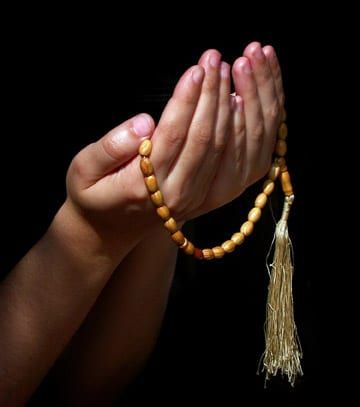
After completing the Quran, believers are encouraged to make dua (supplication). This practice comes from the traditions of the Prophet’s companions. For example, Anas ibn Malik (may Allah be pleased with him) gathered his family and led them in dua when he completed the Quran.
At this blessed moment, believers turn to Allah in humility and gratitude, asking Him to:
- Accept their recitation,
- Forgive their sins,
- Bless their families,
- Grant them steadfastness upon the Quran’s teachings.
There is no single dua for completing the Quran mentioned in the Quran or authentic hadith. However, scholars throughout history have recommended many beautiful supplications. One of the most well-known is the Dua Al-Khatm, which asks Allah to make the Quran a light, a mercy, and a guide throughout one’s life.
Making dua after completing the Quran reflects both thankfulness for the gift of guidance and hope for Allah’s continued blessings. It is a moment of connection — between the heart of the believer and the words of the Creator.
What Is the Dua for Completing the Quran?
When you finish reciting the Quran, it’s a moment of great spiritual fulfillment and closeness to Allah. At that moment, it is Sunnah to make dua — a heartfelt prayer asking Allah to accept your recitation. You also ask Him to forgive your shortcomings and bless you through His words.
There is no specific dua for completing the Quran mentioned in the Quran or authentic hadith. However, many scholars and righteous predecessors have recommended beautiful supplications. These express gratitude, humility, and hope in Allah’s mercy.
These duas, known as Dua al-Khatm, have been passed down for centuries. Muslims around the world recite them at the completion of the Quran, both individually and in gatherings.
Authentic narration from early scholars
The companions of the Prophet ﷺ and the early generations of Muslims used to gather their families after completing the Quran. Together, they would make dua, seeking Allah’s mercy and blessings.
Although the Prophet ﷺ did not specify an exact dua for completing the Quran, several scholars — such as Imam Ahmad and al-Aswad — taught that this is a time when Allah accepts prayers.
This practice reflects the Prophet’s teaching about the Quran’s importance in a believer’s life. It reminds us that the Quran should be recited, reflected upon, and used as a means of drawing closer to Allah.
Imam al-Awza‘i said: “When a person finishes the Quran, his dua is accepted.”
So, making dua at this time is not only a beautiful tradition but also a spiritually significant act that connects us to the way of the early Muslims.
The traditional dua for completing the Quran used by Muslims worldwide
Among the most well-known and beloved dua for completing the Quran is Dua Al-Khatm, which has been recited across generations in masjids, homes, and gatherings.
This dua expresses gratitude to Allah for enabling us to complete His Book, and it asks for His mercy, light, and guidance through the Quran in every stage of life.
Dua for completing the Quran (in Arabic):
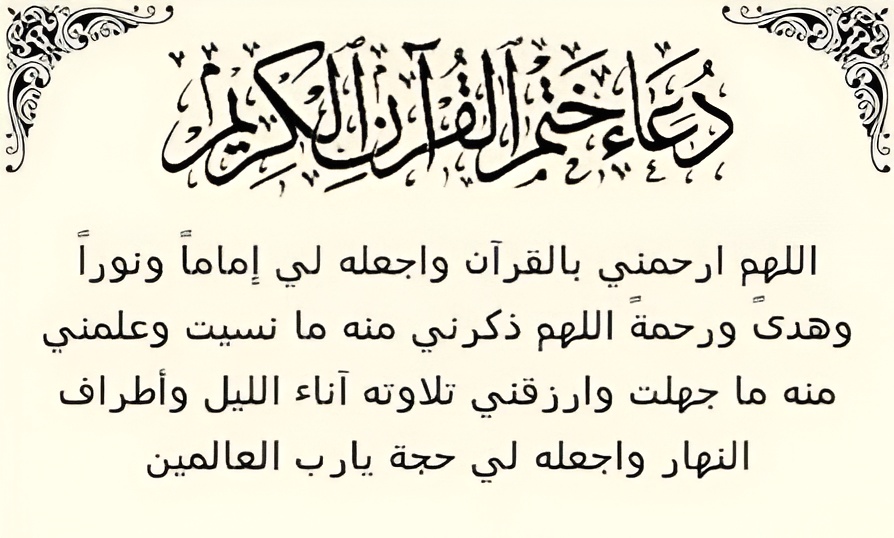
Transliteration:
Allahumma irhamni bil-Qur’ani, waj‘alhu li imaman wa nooran wa hudan wa rahmatan.
Allahumma dhakkirni minhu ma naseet, wa ‘allimni minhu ma jahilt,
warzuqni tilawatahu ana’a al-layli wa atrafa an-nahar,
waj‘alhu li hujjatan ya Rabb al-‘alamin.
English Translation:
O Allah, have mercy on me through the Quran, and make it for me a leader, a light, guidance, and mercy.
O Allah, remind me of what I have forgotten from it, teach me what I do not know from it, and grant me its recitation during the hours of the night and the day.
Make it an intercessor for me, O Lord of the worlds.
This dua for completing the Quran beautifully summarizes what a believer truly seeks — mercy, knowledge, guidance, and acceptance from Allah.
At this blessed moment, believers remember that the Quran is not only meant to be read but to be lived. It should shape one’s actions, purify the heart, and remain a companion in this life and the next.
How to Make Dua After Finishing the Quran
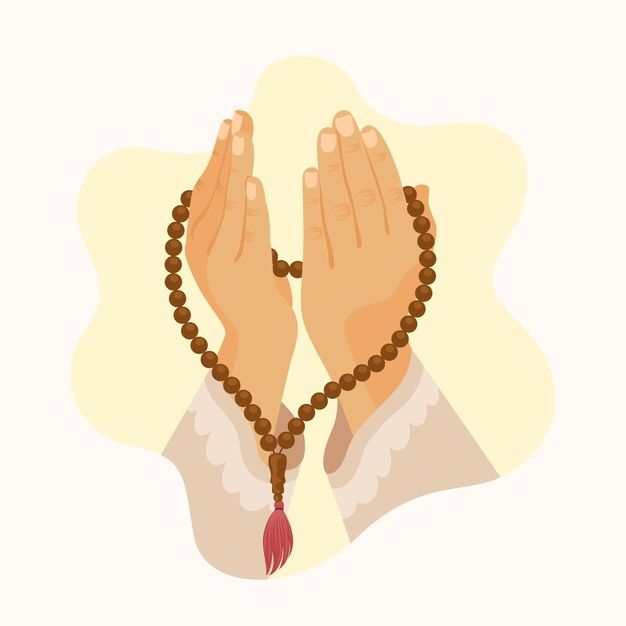
Making dua after completing the Quran is one of the most spiritually rewarding acts a believer can do. It is a time when hearts are soft, gratitude fills the soul, and Allah’s mercy descends upon the reciter. The companions of the Prophet ﷺ and generations of scholars encouraged making dua at this special moment. Whether you make the dua alone or with loved ones, this is a blessed time when Allah accepts prayers more readily.
Below are some practical etiquettes and recommendations for making dua for completing the Quran.
When and where to make the dua
You can recite the dua immediately after completing the Quran — whether you finish your recitation during prayer, outside prayer, or in a gathering. Scholars mention that it is a moment of acceptance (sa‘at istijabah) when Allah responds to sincere supplications.
If the Quran is completed during the day, angels continue to seek forgiveness for the reciter until the evening; and if completed at night, they do so until the morning.
You can make the dua:
- In the masjid after completing your recitation.
- At home, especially with your family or students.
- During Ramadan nights, when many believers complete the Quran in Taraweeh prayers.
Wherever you are, the most important part is the sincerity of your heart and your connection to Allah.
Etiquette of raising hands and facing the Qiblah
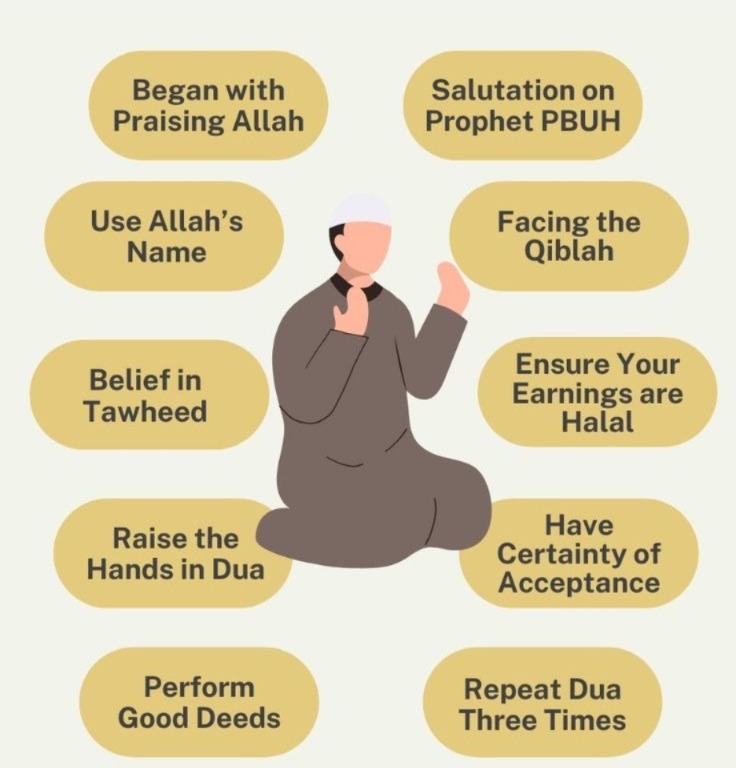
When making dua, follow the Prophetic manners of supplication to show humility and respect before Allah:
- Face the Qiblah: Turning toward the Qiblah reflects attentiveness and reverence while making dua.
- Raise your hands: The Prophet ﷺ said, إِنَّ رَبَّكُمْ حَيِيٌّ كَرِيمٌ, يَسْتَحِي مِنْ عَبْدِهِ إِذَا رَفَعَ إِلَيْهِ يَدَيْهِ أَنْ يَرُدَّهُمَا صِفَرًا “Your Lord is modest and generous; He would not turn away a servant who raises his hands to Him in supplication.” (Tirmidhi)
- Start with praise: Begin by praising Allah and sending blessings upon the Prophet ﷺ before asking for your needs.
- Make your dua sincerely: Speak to Allah from your heart — ask for forgiveness, guidance, and steadfastness in faith.
- End with Ameen: Conclude your dua by saying Ameen, sealing your supplication with hope and faith.
These etiquettes make your dua more heartfelt and reflective of true humility before Allah.
Making dua individually or in congregation
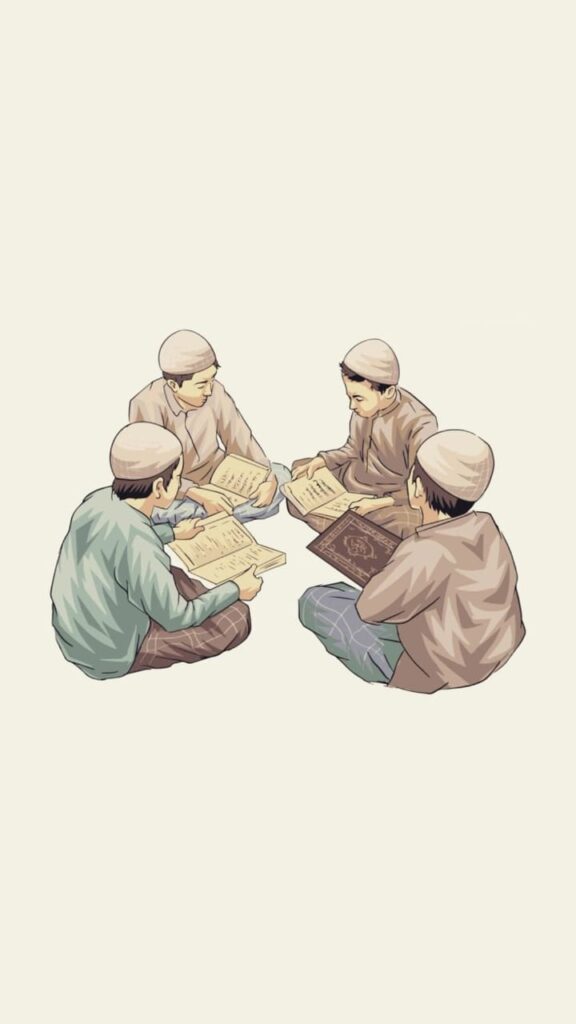
Both individual and group duas are acceptable after finishing the Quran, and each has its own beauty.
- Individually: You can make dua privately, focusing deeply on your own relationship with Allah. This allows for personal reflection, sincerity, and emotional connection.
- In congregation: Following the example of companions like Anas ibn Malik (RA), you may gather your family, friends, or community members to make dua together. In such gatherings, one person usually leads the dua while others respond with Ameen.
Making dua collectively fosters unity and spreads barakah among loved ones. The Prophet ﷺ said,
“ مَا جَلَسَ قَوْمٌ مَجْلِسًا يَذْكُرُونَ اللَّهَ فِيهِ إِلاَّ حَفَّتْهُمُ الْمَلاَئِكَةُ وَتَغَشَّتْهُمُ الرَّحْمَةُ وَتَنَزَّلَتْ عَلَيْهِمُ السَّكِينَةُ وَذَكَرَهُمُ اللَّهُ فِيمَنْ عِنْدَهُ ” .
“No people gather to remember Allah except that tranquility descends upon them, mercy covers them, and Allah mentions them among those with Him.” (Muslim)
Whether you choose to make dua alone or with others, what matters most is sincerity, humility, and gratitude for completing Allah’s noble Book.
Meaning and Message Behind the Dua for completing Quran
When a believer reaches the end of their Quran recitation, the Dua Khatam al-Quran becomes a heartfelt reflection on the entire journey of reading and connecting with Allah’s words. This supplication is not only a moment of gratitude but also a humble plea for acceptance, steadfastness, and forgiveness.
Gratitude for guidance and mercy
Through this dua, the believer expresses deep gratitude to Allah for granting the opportunity to read, reflect, and complete His divine book. It’s an acknowledgment of Allah’s mercy and guidance that led one through the Quran’s lessons and light. The dua reminds us that being guided to the Quran itself is one of the greatest blessings in a Muslim’s life.
Asking Allah for acceptance and steadfastness
Completion is not the end, but a new beginning. In the dua, the believer asks Allah to accept their recitation with sincerity. They pray that the Quran becomes a source of light in their heart and a guide in their life. The supplication also includes asking for steadfastness (thabaat) in following the Quran’s teachings and living by its message every day.
Seeking forgiveness for shortcomings during recitation
No matter how carefully one reads, human effort is never perfect. This part of the dua is a humble recognition of one’s flaws — mispronunciations, lack of focus, or missed reflection — and a plea for Allah’s forgiveness. It reflects humility and a sincere desire for spiritual growth and improvement in future recitations.
Emotional and Spiritual Impact of Dua for completing the Quran
The Dua Khatam al-Quran is not just words — it’s a deeply emotional experience that touches the heart of every believer who has journeyed through Allah’s words from beginning to end.
Renewing your connection with the Quran
Reciting this dua reinforces your relationship with the Quran. It reminds you that finishing the Quran is not the end of a chapter, but the start of another — encouraging you to continue reading and reflecting upon it again with even deeper understanding.
Feeling humility and closeness to Allah
As the believer raises their hands in dua after completion, a wave of humility and closeness to Allah fills the heart. It’s a moment of intimate connection — standing before the Creator after having journeyed through His words. Many experience tears of gratitude, awe, and spiritual peace in this moment.
Motivating yourself to begin a new recitation cycle
One of the most beautiful Sunnahs is to begin the Quran again immediately after completing it. This symbolizes that the believer’s bond with the Quran is continuous and never-ending. The dua serves as motivation to embark on a new cycle of recitation — with renewed energy, deeper understanding, and stronger love for Allah’s book.
How to Teach Children the Dua for Completing the Quran
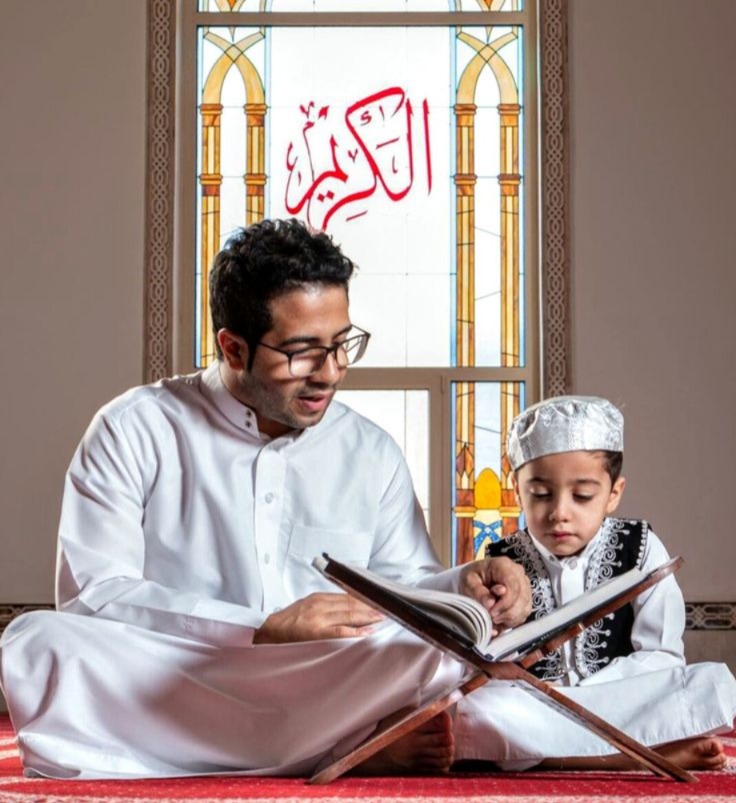
Teaching children the Dua Khatam al-Quran is more than just helping them memorize words — it’s about nurturing a heartfelt connection with the Quran itself. With patience, love, and the right approach, parents can make this experience both meaningful and joyful.
Encouraging love for the Quran from an early age
The most effective way to teach any dua is to begin with love. Let your child see the Quran as something special — a source of peace, comfort, and guidance. Read it together regularly, even if for just a few minutes each day. Encourage them to listen to recitations and gently explain the stories or lessons behind the verses.
At Areeb Academy, we follow this very approach in our children’s Quran programs. Our teachers use engaging methods — storytelling, repetition, and gentle correction — to help young learners develop affection for the Quran and confidence in reciting it beautifully. When children feel emotionally connected, memorizing duas like the dua for completing the Quran becomes a natural next step.
Simplified wording and meanings for young learners
Children learn best when things are simple and relatable. Break the dua into small, easy-to-learn phrases, and teach the meaning behind each part in a way that matches their understanding. You can use visuals, gestures, or short stories to make it more interactive.
Encourage them to repeat after you or listen to audio recitations by a consistent reciter — this helps with pronunciation and rhythm. Writing down the dua or using flashcards can also make memorization more engaging and effective.
Making the moment joyful and memorable
Finishing the Quran — even a short portion — should be celebrated! When your child learns or completes the dua, make it a special occasion. Gather the family, express joy, and thank Allah together. Use words of praise, small rewards, or creative activities to mark the moment.
Positive reinforcement makes children excited to continue learning and keeps their motivation high. When parents read with their children and show excitement for the Quran, kids naturally follow.
To help you or your child build a lifelong connection with the Qur’an, explore our Quran courses for kids and adults at Areeb Academy — designed to make learning easy, engaging, and spiritually rewarding.
Final Thoughts
Finishing the Quran is not just the end of a recitation; it’s the completion of a divine journey. When you raise your hands in Dua for Completing the Quran, you seal that journey with gratitude and hope. It’s a way of thanking Allah for His guidance and asking Him to keep your heart connected to His Book.
The best way to honor the Quran is to never let your relationship with it end. Begin reading again, even if just a few verses daily. The Prophet ﷺ encouraged believers to stay connected to the Quran continuously. Let this dua inspire you to start a new cycle of recitation — one filled with deeper reflection, peace, and love for Allah’s words.
Ready to strengthen your connection with the Quran? 🌿
At Areeb Academy, our qualified teachers help you learn Quran recitation, Tajweed, and duas like Dua for Completing the Quran in a meaningful and motivating way — for both kids and adults.
✨ Join our FREE trial session today and begin your journey with the Book of Allah.
Book Your Free Trial Now
FAQs
1. Is there an authentic dua from the Prophet ﷺ for completing the Quran?
No specific dua has been directly narrated from the Prophet ﷺ, but the companions and scholars have passed down Dua al-Khatm, which beautifully expresses gratitude, mercy, and guidance.
2. Can I make my own dua after finishing the Quran?
Yes, you can. Scholars agree that you may make any sincere dua after completing the Qur’an — especially asking for forgiveness, guidance, and steadfastness in faith.
3. When is the best time to make the dua for completing the Quran?
Immediately after finishing the recitation, whether during prayer (like in Taraweeh) or outside of prayer. It’s considered a time of acceptance (sa‘at istijabah) when prayers are more likely to be answered.
4. Can I make the dua alone, or should I do it in a group?
Both are acceptable. You can make dua privately or gather your family and friends to pray together — just like the companions did.
5. Should I start reading the Quran again right after completing it?
Yes. Many scholars recommend beginning from Surah Al-Fatihah again immediately after completing Surah An-Nas, symbolizing a continuous and unbroken connection with Allah’s Book.


